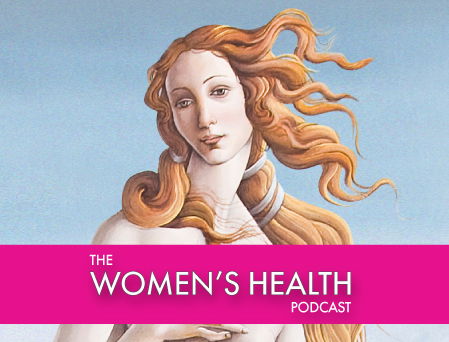Podcasts / Non-hormonal options for hot flushes: Part 1 – Your questions answered
Save


0.5 hours
These are activities that expand general practice knowledge, skills and attitudes, related to your scope of practice.
0.5 hours
These are activities that require reflection on feedback about your work.
0 hours
These are activities that use your work data to ensure quality results.
Educational Activities (EA)
These are activities that expand general practice knowledge, skills and attitudes, related to your scope of practice.
Reviewing Performance (RP)
These are activities that require reflection on feedback about your work.
Measuring Outcomes (MO)
These are activities that use your work data to ensure quality results.
The questions answered in this podcast are listed below.
They were compiled by GPs and health professionals around Australia.
Expert: Prof Rod Baber, Obstetrician and Gynaecologist
Host: Dr Terri Foran, Sexual Health Physician and Medical Educator
Total time: 38 mins
Recommended resources:

Alcohol Addiction Assessment and Advice

Premature Ovarian Insufficiency – The New Guidelines

Paediatric Allergic Rhinitis & Immunotherapy

Inhaler Devices

expert
Obstetrician and Gynaecologist; Clinical Professor, Obstetrics and Gynaecology, The University of Sydney; Past President, International Menopause Society and Australasian Menopause Society

Browse the latest podcasts from Healthed.
You have completed the Educational Activities (EA) component of this activity.
Select ‘Confirm & claim CPD‘ to confirm you have engaged with this activity in its entirety and claim your CPD.
You will be taken to explore further CPD learning available to you.
Webcast TONIGHT
POTS – What You Need to Know